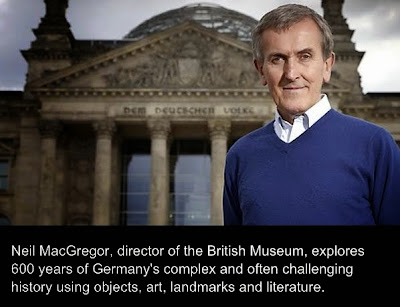An extraordinary end to an extraordinary week capped by what might have been lunch alone, but at The Hub the chances of a meeting with like minds is always high. (The Hub is the Open University Campus refectory; it sits, as the name suggests between various faculties behind Walton Hall).
I joined OU eCommerce Director Mark Everest and Project Manager Alex Cabon; our enthusiasm tumbled over each other like dogs playing in fresh snow.
Alex was the Student President of AIESEC a remarkable organisation that puts young minds to work, mixing their education with applied thinking (a heady combination, we call it 'practice-based learning' at the OU Business School.
It made me think partially of the Duke of Edinburgh's Award, but also of a consultancy service that Oxford students give to local businesses through the Careers Office there, mixed in with The School of Leaders in Poland (a Soros Foundation that Dr Zbigniew Pelzynski established soon after the collapse of Soviet communism).
Mark enthused about video over text - this should be me to camera for 90 seconds rather than 270 words.
I shared my idea for 'WikiTVia' in which every highfalutin wikipeadia entry becomes a video clip while Mark hankered for thousands, or was that hundreds of thousands or even a million testimonials from the OU Community i.e. everyone, 'stakeholders' we would all them, students, staff, alumni ... he mentioned the value of the footage of the plane that landed on the Hudson River, even though it was caught on a mobile phone. Footage of rough quality with an important story or event captured is sometimes referred to as 'Zapruder' after the footage of the JFK Shooting ... production stands count for nothing where the story is powerful.
During the Tsunami in Japan while I watched footage first on BBC News 24, then CNN and finally on NHK English my 12 year old son was watching authentic content without the commentary directly from mobile phones on YouTube. We've got 'citizen journalism,' now for 'citizen TV.' No longer should we be asking people to pick up their pens, rather we should be saying click record on your phone.
I've armed myself with a Sony Flip, yet I've been a broadcast cameraman in my time.
What a Sony 35mm digital camera (movie quality, can be hired for £75 a day!) cannot deliver is the content, that extraordinary story, the narratives of each person's experience with the OU. Often I feel overwhelmed by these personal stories. Anyone can tell their story - I'll interview you over Skype if that helps. Perhaps interviewing requires skills and patient, there are craft skills to shooting, editing and lighting a 'film' (which we still call them).
My role in bringing these stories to the screens of smartphones, iPads, laptops, TVs and the like occurs every time I reach for a digital recorder (sound or sound and pictures), but in the coming months will be me and a BAFTA nominated cameraman.
Have you got a story to tell?
(63137)

